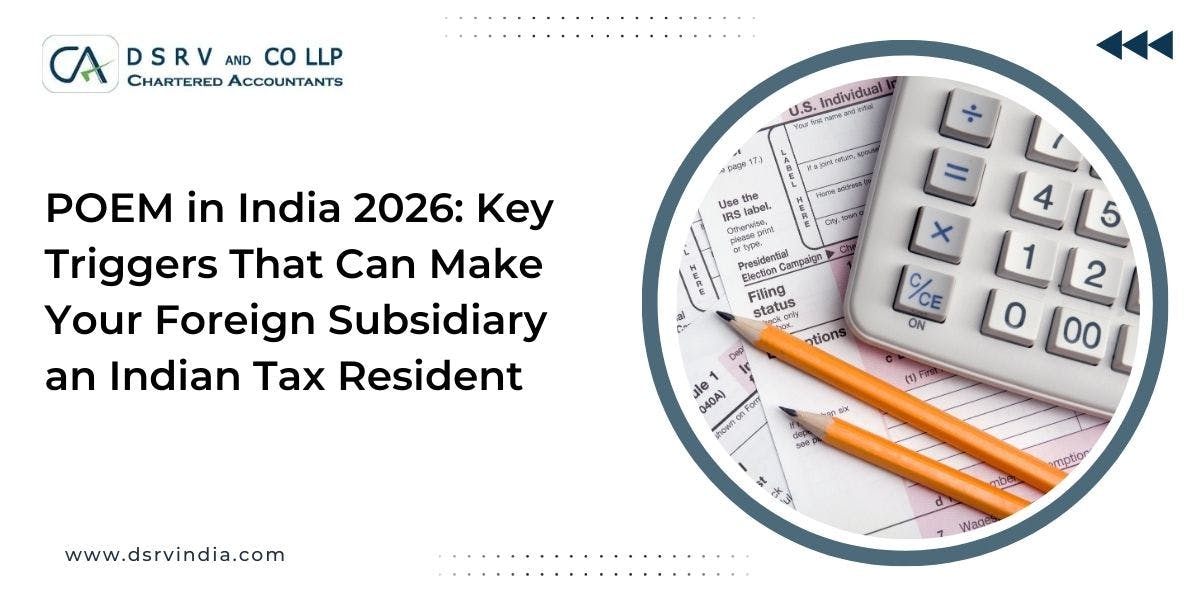Everything about Income Tax for NRI in India
Here are a few things you need to know regarding income tax for NRI in India before hiring a tax litigation consultant:
How Does Residential Status Impact Taxation?
The individual's residence status is critical in determining tax liabilities in India. Individuals can be classified RNOR for a year if they have been non-residents in the nation for nine out of the previous ten years. Alternatively, they must be in India for fewer than or equal to 729 days in the seven years preceding the previous year.
What Are the Taxable Income for NRIs?
So, you have learned about the income tax for NRI in India. Now, you must understand a few things about the taxable income for NRIs. So, the income earned or received in India or deemed to be received or earned in India is taxable for the NRIs. This types of income are earned through rental properties, investments in India, NRE accounts (for the RNORs), and salary received for the services rendered within the country.
It's important to note that income earned outside India is generally not taxable for NRIs unless it is derived from a business controlled in or a profession set up in India.
Understanding Tax on Foreign Remittances
NRIs need to understand how foreign remittances to India are considered in terms of taxes. The good news is that money sent from outside India to the country is not taxed as income. However, anything earned from these funds after they come to India might be taxed.
For example, if a Non-Resident Indian sends money to the NRO account and makes interest on that, the interest gets calculated as taxable in India. Nonetheless, if they earn interest from NRE or FCNR accounts, this interest is not considered to fall under the taxable income.









